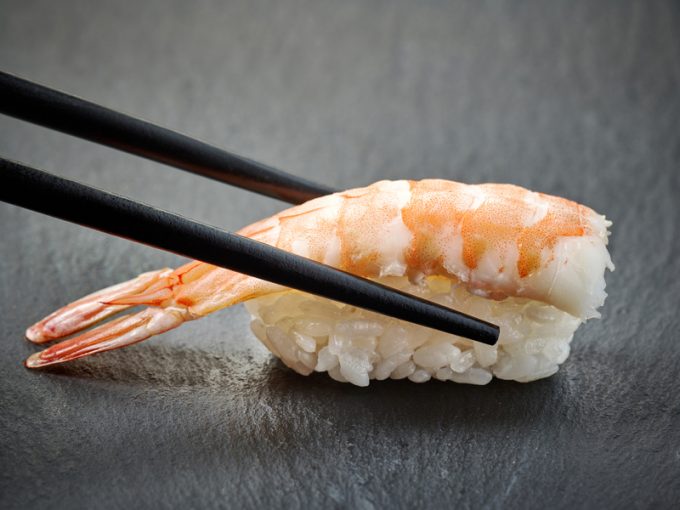Wan Hai fine-tunes reefer sales drive ahead of peak fruit shipping season
Wan Hai Lines, spotting rising demand for refrigerated container shipping, has set up dedicated sales ...

Perishable products carriers have been warned that they are liable for damage to goods during transit in bad weather – such as when crews are unable to repair faulty reefer containers.
In a recent judgment by Denmark’s Maritime and Commercial Court, a shipping line was found liable for damage to a $282,000 consignment of frozen sushi in transit from Hamburg to Copenhagen after the vessel was caught in heavy weather and high seas.
Due to its position on deck the ship’s cooling system suffered damage which the ...
Asia-USEC shippers to lose 42% capacity in a surge of blanked sailings
Why ROI is driving a shift to smart reefer containers
USTR fees will lead to 'complete destabilisation' of container shipping alliances
New USTR port fees threaten shipping and global supply chains, says Cosco
Transpac container service closures mount
Outlook for container shipping 'more uncertain now than at the onset of Covid'
DHL Express suspends non-de minimis B2C parcels to US consumers

Comment on this article